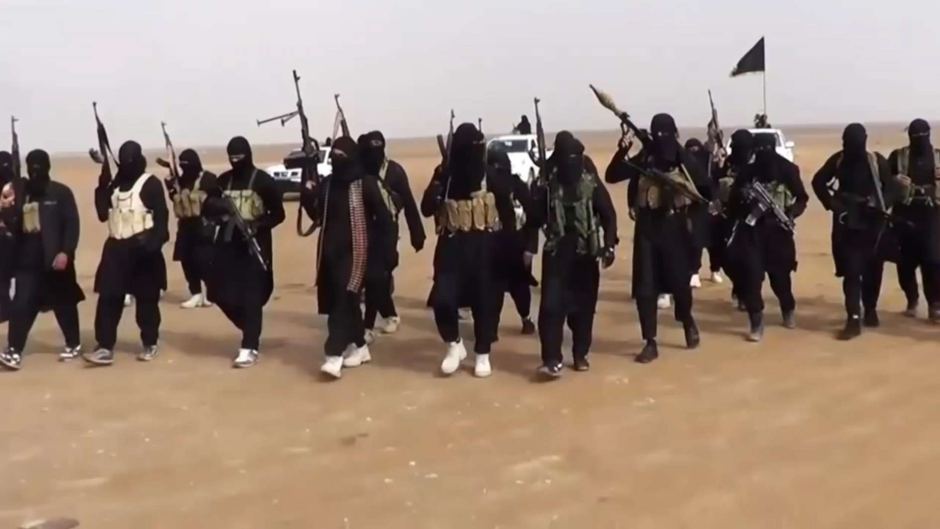Nigeria’s immigration agency says it blocked 24,000 citizens from leaving the country due to suspicion they may become involved in terrorism or prostitution.
The holds occurred during the 15 months leading up to March. The agency said several Nigerians attempting to travel abroad were suspected of trying to join militant groups such as the Islamic State.
“The terrorist group has a syndicate that arranges travel documents, visas, ticket and money for their recruits,” the BBC quoted the agency as saying in a statement, adding that Nigeria was a “catchment area for recruiters because of the high number of jobless people” in the country.
The agency noted other Nigerians were merely trying to escape their country, which suffers high levels of poverty and is embroiled in an insurgency with terrorist group Boko Haram.
“We have always had problems of Nigerians going abroad for greener pasture,” the BBC quoted Chukwuemaka Obuah, the agency’s spokesman, as saying. “We look at the age of the intending traveler and the person he is traveling with, put them by the side and profile them thoroughly.”
Many Nigerians are forced into prostitution once abroad. In 2012, the United Nations estimated West African trafficking victims, several from Nigeria, made up 10 percent of forced sex workers in Western Europe. A 2009 assessment indicated between 3,800 and 5,700 women were trafficked between the regions each year for an estimated annual value of between $152 million and $228 million.
The agency’s statement comes one week after neighboring Cameroon is reported to have deported at least 2,500 Nigerians living in its north following suicide bombings that killed more than 30 people in the town of Maroua and prompted the country to deploy an additional 2,000 troops to its northern border.
Officials blamed the attacks on Boko Haram, which has since 2009 waged a campaign of terror in pursuit of an Islamic state in northeastern Nigeria. The group is accused of launching bloody assaults on remote villages and bases, perpetrating mass executions, kidnapping hundreds of women and organizing multiple suicide bombings, some of which have reportedly been carried out by teenage girls.
Nigerian President Muhammadu Buhari, elected earlier this year, pledged to crack down on the insurgents, but the summer saw a sharp increase in attacks by the group, including assaults on villages in northern Cameroon and Nigeria last week.
The group pledged allegiance to IS leader Abu Bakr al Baghdadi in March. BBC correspondent Bashir Sa’ad Abdullahi, reporting from Nigeria’s capital Abuja, said the alliance may be motivating Nigerians to try joining the group, which is based mainly out of Iraq and Syria.
UPI

